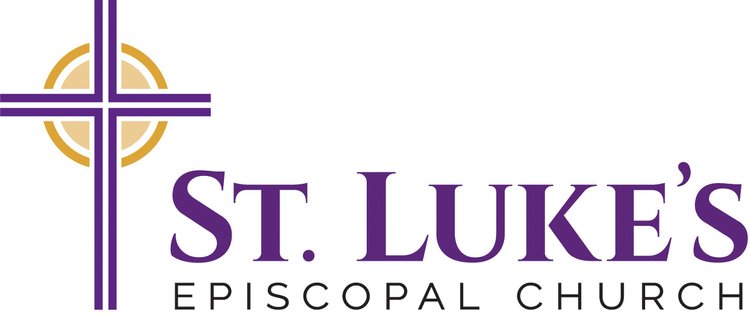Prayer and Discernment: How to Tell the Weeds From the Wheat
“To have a discerning community, you must have discerning persons, discerning members of the community. And to be a discerning person, you need to be a praying person.”
-Thomas H. Green, SJ, from the epilogue to Weeds Among the Wheat, Discernment: Where Prayer and Action Meet, Ave Maria Press, 1984
The parable of the weeds sown among the wheat is often used as a way to talk about discernment. Our world is filled with situations like the one Jesus describes, where a person sows a field with grain and “the evil one” comes and sows weeds among the wheat. Both grow up and are indistinguishable until they are ready for harvest. Jesus tells his disciples that it is better to leave the two together until it is clear which is which. One way of reading this is to understand it as a way of letting God help one to sort out the good from the evil in one’s life. It could also be read more broadly as a way to deal with confusion between ethical or moral choices. Either way, Jesus is not telling his disciples to be passive in the face of difficult choices or confusion about where the evil and the good are in a situation. If one waits for God to help with personal or larger choices, one must be in regular contact with the Holy One. One must also be willing to act in response to the ways that God guides a person into resisting or removing the evil from one’s life and surroundings. The parable is about the final judgement, when God will remove all the weeds from the field, but we are still living and growing up around them.
I’ve written a couple of reflections on discernment by now, and that is because St. Luke’s and many of the members of our church are discerning many different things right now. There is our larger transition in clergy, including adding a new assistant and soon a new priest in charge. There are many personal vocational discernment processes happening as parents and children work on their school plans and work plans amidst the confusion of the pandemic. There are elders and others discerning where they can be most useful as they wait at home for medical advances to make public gathering safer again. And many of us are discerning how to be most in line with God’s plan for a just and well-ordered society as we live with the political, ethical and moral questions being raised in our nation this summer. I think each of us needs a regular practice of prayer and discernment to be ready for a new priest in charge. I also think these practices will help us with the stress and difficulty of knowing what to do with isolation, anger, anxiety and other issues that may be arising for us. As Jacob discovered following his dream in our first lesson this week “God was in this place, and I did not know it.” (Genesis 28:16) We can make that discovery too, if we are open to God in prayer.
For those of you looking to begin or strengthen a personal practice of prayer, I recommend that you join Marjy and Skip Jones and other members of EFM at 11 am on Zoom to begin working with Life in Christ, by Julia Gatta. This book uses the Book of Common Prayer to teach the practices of the Christian life, and encourages both public and personal use of the prayer book to develop a deeper prayer practice.
If you are in the midst of personal vocational discernment, the Ignatian method may be helpful> For an accessible, if very Roman Catholic, teaching on this, I recommend the book I quoted at the beginning of this article, The Weeds Among the Wheat, by Thomas H. Green, SJ. If it is more a discernment about larger social issues and how to find your calling in resisting evil in the larger society, the work of Dean Brackley, SJ is very helpful. He spent many years teaching and working in El Salvador during the period following the civil war there, and his book The Call to Discernment in Troubled Times helps one use the Ignatian method to find a mature spiritual response to violence, unrest, poverty and environmental degradation. I found this book to be very helpful in thinking about how personal discernment and communal discernment work together to make social movements that are in line with the Holy Spirit and are not simply new ways to grab power dressed up in religious terms. Anyone who is interested in political action that is not partisan would find this a helpful introduction to the Ignatian Spiritual Exercises.
If you are thinking, “now what?” I know something in my life or my family or my town is changing, but I’m not sure where God is in that, a prayer practice is essential. A personal practice and a group practice is better than one of these alone, but any time that one is open to the Holy Spirit and asks for guidance, surely, one will receive some indication that “God was in this place…” Even if you didn’t know it, you will be blessed with that sense, as Jacob was after his dream of the ladder going up to heaven. May all of us who pray be offered that vision of God’s dwelling place. May we be offered the wisdom and grace to make that dwelling place visible wherever we are.
